Interview: Riley Mulherkar Speaking on Jazz, His Brass Quartet and The Songs We Love -By: Niki Kaos
By NIki Kaos on February 20, 2023

Riley Mulherkar’s love of the trumpet started at an early age and grew into an incredible career. Performer, bandleader, composer, arranger, and music educator, this jazz cat seems bursting with endless energy.
February 26th at Universal Preservation Hall, his Jazz At Lincoln Center (JALC) production of The Songs We Love will bring the magic with an array of classics from some of the most iconic artists of all time. I’m interested in learning more about how his creative choices inspire success.
RRX: You are the 2020 recipient of Lincoln Center’s Emerging Artist Award. What an honor! What are some experiences that helped shape your success as a jazz musician, composer and ensemble leader?
RM: A lot came from the community that was built within JALC. I had moved to New York to study at Juilliard, which is under the Lincoln Center umbrella, and is very close, geographically, to JALC. The dorms were only 5-6 blocks away, so I found myself going there all the time. Sometimes just to hang out on the side of the stage to hear the JALC Orchestra and Wynton Marsalis. And other times to go to the jam sessions at Dizzy’s.
It was from being around the scene and investing in all these relationships that it was time for me to try my hand at putting shows together. I had a full community to lean on, in terms of musicians to call and mentors to ask questions. And audiences to experiment with, and play for, and learn from night after night. So, a lot of the folks in this ensemble are friends of mine from those early days in NYC together.
I really think it was really just from putting in the time and the trial and error, and the risk-taking night after night at Jazz at Lincoln Center that really trained me more than anything else, not just as a musician, but as an organizer for productions.
RRX: I love that. I see that in my community. The ones finding those partnerships through trial-and-error situations. Finding the right musicians who gel. It sounds like that’s what you’ve done for your production of The Songs We Love. Were there certain musicians in the ensemble who inspired certain songs? What are some favorites and some unexpected songs you had to bring into the production?
RM: This show premiered in 2016 at JALC, and so a number of the folks in the touring production were original members of that show. A lot the show is built around the vocalists, who lead the way in the storytelling of the songs and pay tribute to so many musical heroes, so I think the audience will definitely recognize some songs that they love.
The classic “See See Rider”, which we play as a tribute to Ma Rainey and the Duke Ellington Song, “I’ve Got It Bad and That Ain’t Good”. Or “Somewhere Over the Rainbow”. These songs are really enmeshed in the cannon of American jazz music.
And also we have songs that a jazz fan will really be familiar, but we try to put our own spin on that. Whether it be “I Loves You, Porgy” for Porgy and Bess, or “I Cried For You”, which is an old standard that Billie Holiday used to sing. So, I think the repertoire is really rooted in the history of this music, but the interpretation is very much derived from the individuals themselves. And that’s my favorite thing about this whole show. It’s completely different every night because of the individuals in the band.
RXX: That sounds fantastic, bringing in the personalities of these talented musicians.

RM: Thank you. We’re having a good time!
RRX: I’m jealous – can I audition? (laughs) Now I want to jump to another project I noticed, The Westerlies. Who sparked the idea and what drew you to that project?
RM: The Westerlies are near and dear to my heart. More of my time goes to The Westerlies than to anything else in my life. It comes from childhood friendships. The original four members were born and raised in Seattle, WA. We grew up playing music together, and then landed in NYC around the same time. We missed the Northwest, and we missed playing music with each other, so there was sort of this extra-curricular ensemble after school hours.
Over the summers, we would pile into a minivan. Play anywhere that would have us. Have concerts for art galleries, rock clubs, jazz clubs, concert halls, you name it. And over the years we were lucky to build a small following around the music and invest the time into the group. We just celebrated our 10th anniversary with a number of albums out now. And we’ve got a big album coming out March 24th titled Move.
It’s a brass quartet, so two trumpets and two trombones. And we’re all improvisors, but the music falls more under the umbrella of chamber music. The new record is influenced by a lot of our favorite contemporary composers, like Caroline Shaw and Nico Muhly. We also write music for ourselves. We feature a piece, called “For Rosa” from the great young up and coming composer Mason Bynes, that we commissioned in a partnership with a premier at the Rosa Parks Museum.
RRX: Wow. That’s fantastic. And unique! You just said two trumpets and two trombones? And has a little bit of a chamber feel? I’m trying to imagine what that’s like.
RM: We function just like a string quartet in terms of how we play together and interpret music. That being said, we’re all improvisers, so there’s a lot of creative possibility. That’s what I love so much about the group. It’s a very personal project.
RRX: Since you’re from Seattle, but you’ve spent a lot of time learning and performing in NYC, I have a funny question for you. And I want to ask it in a way that doesn’t get you in trouble. (laughs) So it is not which is the BETTER coast – West or East. It’s what different flavors do you love about the west coast scene? And what do you love about the east coast scene?
RM: So many of my mentors are from the west coast. So, I’m very much attached to the Seattle music scene that I grew up in. And also, Seattle and the whole northwest’s appreciation for the outdoors. I find it fascinating how that can shape the music. With The Westerlies we used to spend every summer going out to the San Juan islands and have no cell service and no internet. Just working on music all day. Rehearsing, writing, arranging. And I think the environment finds its way into the music.
And it does in a similar process in NYC, the music is shaped very differently. The history of Jazz, in particular, in a place like NYC is so deep. The intergenerational lineage of the music is up there in value being in NYC. You’re so close to the people who helped create this music. And getting to spend time with them. And that is the greatest gift of being a student of this music.
So… I don’t have a favorite coast. I can bounce around quite a bit. I need my nature. I need that Pacific Northwest air, but NYC is sorta my home right now.
RRX: You do a lot around youth engagement and education. You are already so busy with these other projects? How do you find the time for this work?
RM: I see it all as the same thing. Especially with jazz music. The way it’s handed down through mentorship, through sharing and inspiring. So, on this tour, and a lot of places we go, we’ll do a concert like The Songs We Love, and we’ll do a concert for kids around the area modeled on Let Freedom Swing, which is a program I took part in for years in NYC. We go to schools all over the region and give lessons about jazz music, its relationship to Democracy, and The Great Migration and the civil rights movement. Because jazz offers a lens to learn history, and to learn about what’s going on now, and where we’re coming from, in this concert.
I find that Jazz is a gateway with which to engage with our heroes like Louis Armstrong and Duke Ellington to the environments they were living in and creating in. What their communities were like in the Harlem Renaissance and what that meant. What was the context around that? So, I think it’s a valuable way to bring the students into the music, and into their understanding of American history.

RRX: Wow! That is really inspiring. At what age did you fall in love with the trumpet? And do you enjoy playing any other instruments? Was there trial and error? Or was the trumpet your jam from the start?
RM: I fell in love very young with the Trumpet. In Seattle, public music education and jazz education are a big thing. So my babysitters played in the jazz band. My older brothers played in the jazz band. By the time I was five or six, I was begging my parents to get me a trumpet. And I started when I was eight. I did play some other instruments when I was growing up. I picked up an electric bass at one point. I was living in Seattle and grunge was such a thing there.
RRX: Everybody needed a bass player!
RM: Yeah. I wanted to be like Nirvana. But the trumpet was really a constant for me. For sure.
RRX: What is your practice advice for aspiring musicians looking to bring the best out of their performances?
RM: I know exactly my answer to this. And I’m plagiarizing my answer, because it was the first advice that was given to me. When I first started playing the trumpet, I had the opportunity to meet Wynton Marsalis. And it was backstage at the show. And I told him I just started playing trumpet. And he told me, “Practice slow”. That was his advice. And that’s what I always tell students. Or anyone. Doing anything, music or otherwise. Practice slow.
RRX: I love that advice and follow it myself. Thank you so much for your time. It was a pleasure getting to know you.
You can catch Riley Mulherkar and the Jazz at Lincoln Center performance of Songs We Love on Sunday, February 26th at 5pm at Universal Preservation Hall in Saratoga Springs, NY. And look out for The Westerlies new release Move on March 24th.
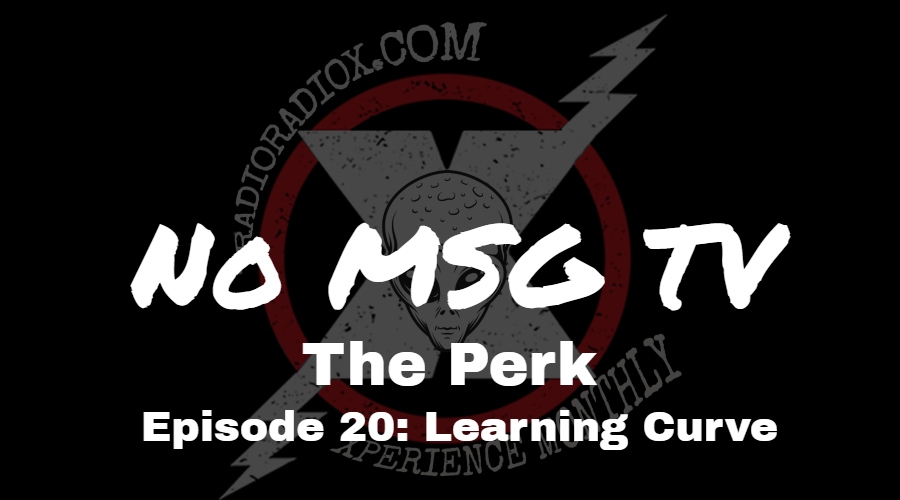
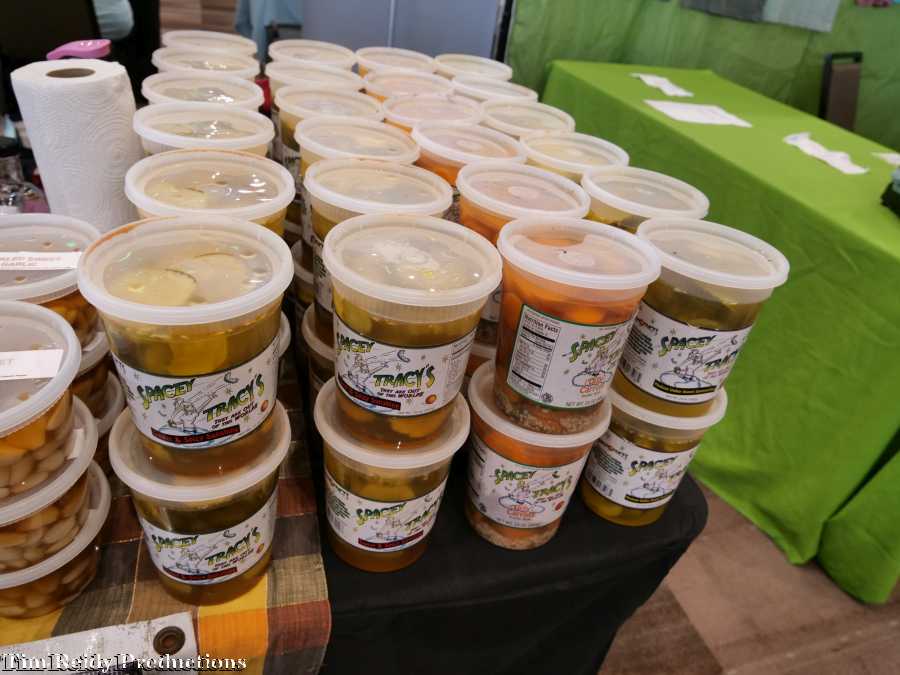
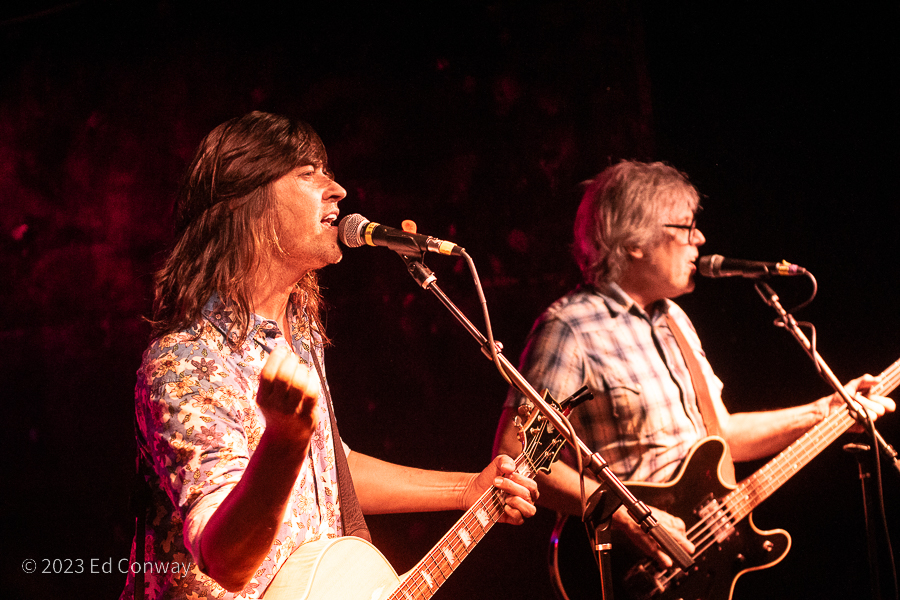
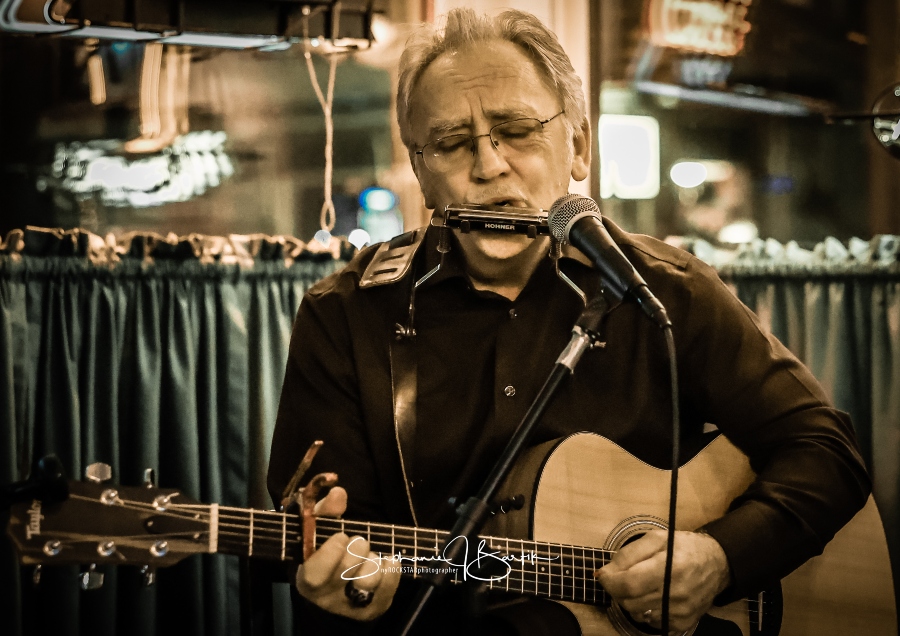
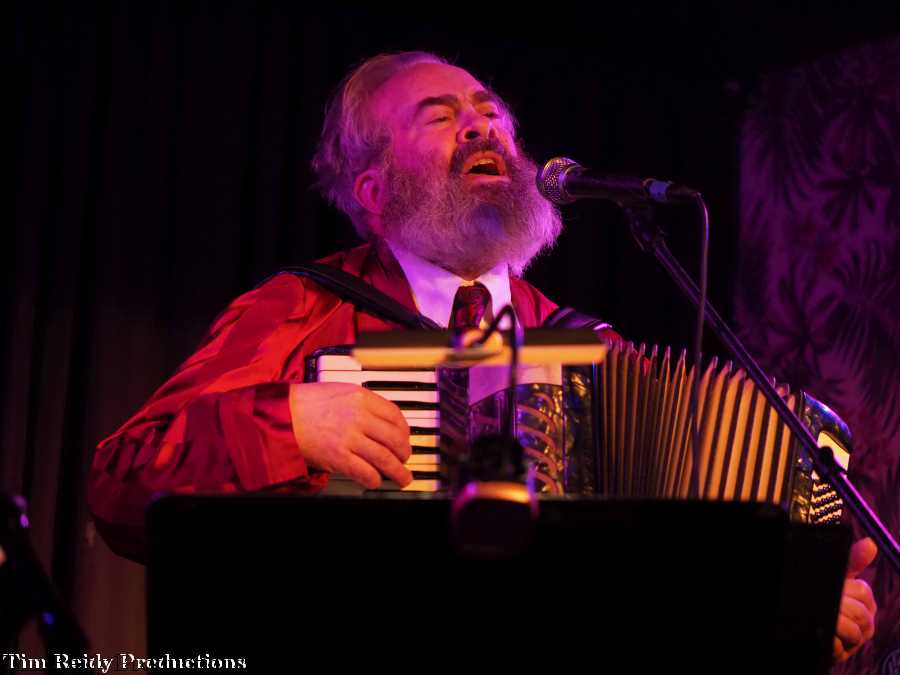
 RadioRadioX
RadioRadioX